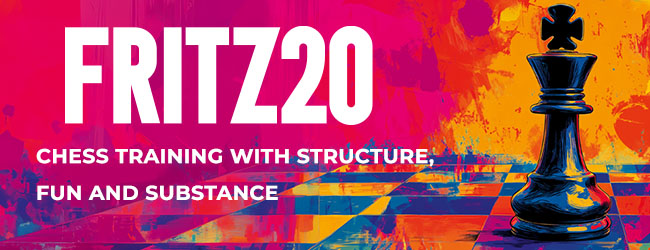Open letter to FIDE and the
organizers of the Khanty-Mansiysk Chess Olympiad
Dear chess friends,
The Chess Olympiad in Khanty-Mansiysk can be completely ruined. I think the
organizers wanted to make an excellent thing funding money prizes for individual
results but they probably didn't quite catch the devastating effect on the team
competition this move can bring.
I kindly ask FIDE and the organizers to urgently reconsider this decision.
See the explanation and details in the following letter.
Board prizes at the Chess Olympiad.
I have just seen the news of the money prizes to be awarded for the best results
at the Khanty-Mansiysk Chess Olympiad this year. The news is partly excellent
but partly, alas, sad and devastating.
The team money prizes are the excellent part of the news. The best squads deserve
to get rewards for their successful effort! And parity of men's and women's
prizes is an absolutely just idea! However, as an experienced participant and
occasional team captain at Chess Olympiads and European Team Championships,
I am extremely concerned about the individual money prizes. They can ruin the
performances of many strong teams and lead to pressure and conflicts within
the squads.
For many years we had a similar situation in the Polish national team, when
individual board medals were rewarded with government prizes and stipends. That
led to the situation of players with good percentage scores (which guaranteed
them medals) being not interested in playing in subsequent matches as they could
just lose money! As they were the strongest points of the team, that led to
tremendous problems. Even if the players were convinced or forced to play, they
couldn't play normally, usually lost and spoiled their individual and the team's
results.
The most spectacular story happened at the European Team Championship in 1999,
when GM Robert Kempinski was going to win his board (and government stipend)
with two rounds to go. But at the same moment our team was sharing the second
place. Being the playing captain of the team, I convinced him to play. Both
Kempinski (who played extremely nervously) and our team lost terribly in the
penultimate round. Subsequently I had to withdraw Robert from the last round,
saving the bronze board medal and the stipend for him but "sacrificing"
our team result altogether (finally Poland ended up on the 17th place). With
high money prizes for individual board results such situations will become typical
for many teams!
Therefore I kindly ask FIDE and the organizers of the Olympiad to reconsider
their decision. The best solution would be to cancel individual money prizes
(including the rating performance prizes) and increase the number of team prizes.
If the organizers insist on rewarding individual results, then the sytem of
awarding medals and prizes should be definitely changed, i.e. point scores,
and not percentage scores, should be counted for the board rankings. That would
encourage players to play more games and score more points. A similar system
was successfully used in the Polish league. Although, taking into consideration
the high value of the prizes, cheating and pre-arranged results can still be
possible.
As for the performance rating prizes, I don't see any way to eliminate their
devastating effect on team results, and such prizes should be definitely cancelled.
I am sure team captains and federation activists from many countries will back
this appeal.
|
Kind regards,
Michal Krasenkow, grandmaster (Poland)
GM Michal Krasenkow, 46, was born in Moscow but emigrated
to Poland at the age of 29 and became that country's strongest chess player
after World War II.
Krasenkow is a chess trainer and writer, has coached national teams,
young prodigies, and top players. His style is aggressive and spectacular
and has won many "best game" awards.
He has written several books on chess theory: The Open Spanish (1995),
The Sveshnikov Sicilian (1996), both London, Cadogan. He is also a Master
of applied mathematics. |
|
























